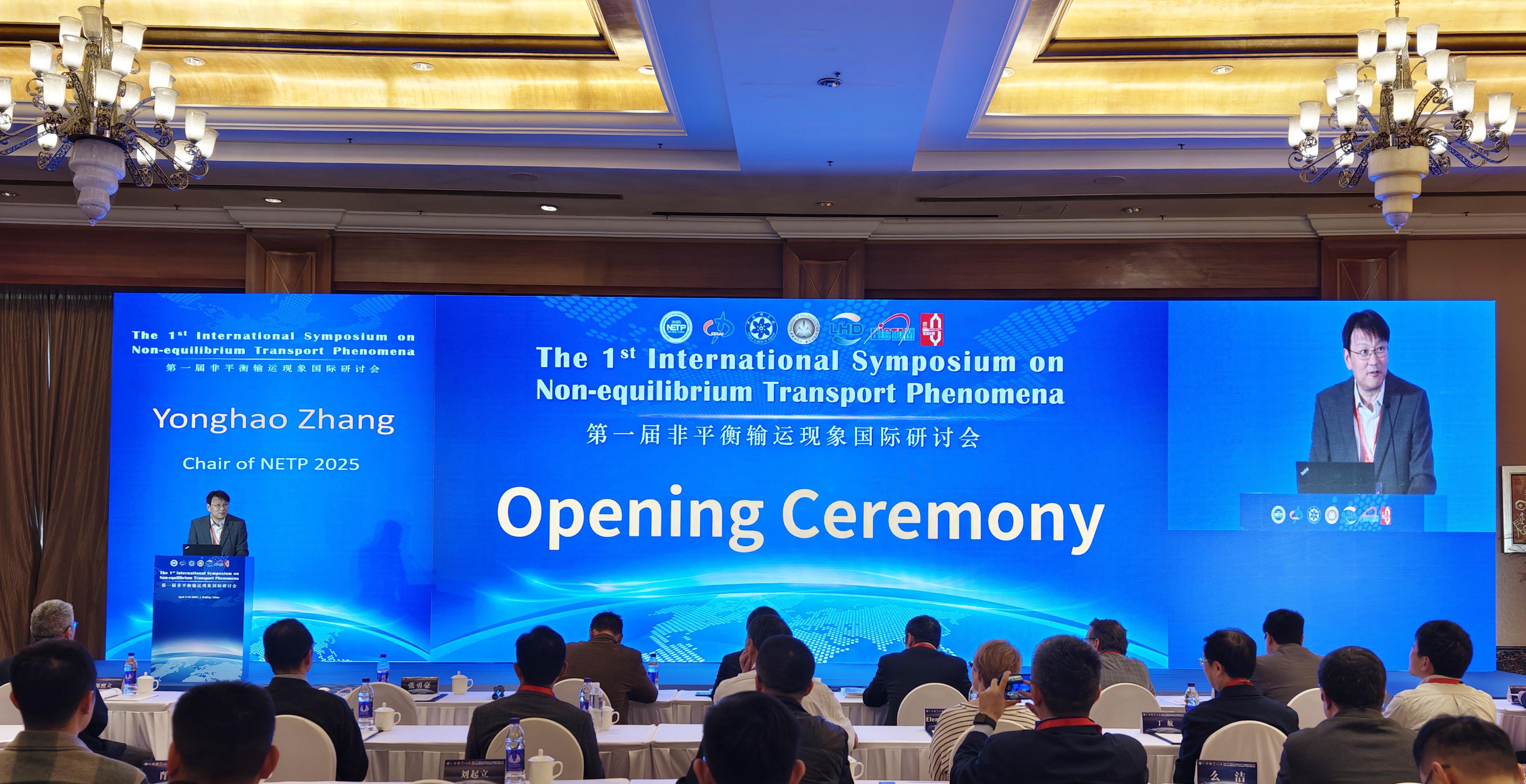Yunnan's Small-bean Coffee Tastes Global Success
Yunnan province in southwest China flourishes under the subtropical monsoon climate along the golden coffee belt at 24°N latitude. With 1.2 million mu of fertile red soil, the province produces 98 percent of China's coffee.
Renowned coffee brands worldwide prize Yunnan's small-bean coffee, nurtured in the misty mountain along the Lancang River. In 2024 alone, the province produced 140,000 tonnes of coffee, exporting 32,500 tonnes of premium beans to 29 countries and regions.
Innovation drives coffee boom
"Coffee farming used to depend on the weather, but with the introduction of new agricultural technology to the Yunnan-produced Coffee series, yields have doubled, and quality has gained global recognition," said Wang Youchun, a coffee farmer in Baoshan city's Longyang district.
This transformation has resulted from 73 years of dedicated research by the Yunnan Academy of Agricultural Sciences' Tropical and Subtropical Economic Crops Research Institute (TSECRI). Since introducing coffee to Yunnan's Lujiangba valley in 1952, the institute has pioneered independent breeding of the Yunnan Coffee series, revolutionizing the industry.
Yunnan primarily grows Catimor Arabica, but aging trees and low specialty-grade yields posed challenges. "The tougher the problem, the greater the need for scientific breakthroughs," said Hu Guangfa, director of the Coffee Research Center at TSECRI.
By optimizing breeding techniques and enhancing agronomic traits, TSECRI has developed 22 new coffee varieties, some yielding over four kg of fresh coffee berries per plant — turning coffee trees into valuable assets for farmers.
"Yunnan Coffee No. 2 scored 86.75 in cup testing, the highest for any Chinese coffee, placing it among the world's specialty coffees," said Zhang Yuebin, vice president of the Yunnan Academy of Agricultural Sciences. This variety reaches full production within three years, boasting bright fruit acidity, rich body, and balanced flavors, while achieving a dry bean yield of 167.2 kg per mu — breaking Yunnan's low-yield barrier.
A thriving industry
"Ten years ago, we sold raw beans for just a few cents per kilo; now, we sell a cup of coffee for 30 RMB," said Hua Runmei, owner of Dakaihe Coffee Estate in Yunnan's Pu'er city. Visitors come here to pick berries, observe the de-pulping and roasting process, and enjoy a custom brew.
TSECRI partnered with Longyang district's Xinzai village to develop a farm-to-cup model. "We built five themed estates, introduced coffee-based products, and welcomed 200,000 tourists last year, generating 150 million RMB in revenue," village party secretary Wang Jiawei said.
Coffee-themed homestays are also thriving across Xinzai. Local farmer Wang Jian's coffee inn also attracts international tourists. “It looks like I need to brush up on my English," he joked.
The fusion of technology and tourism is driving a new coffee-themed tourism industry. At Qiao'an Coffee Estate in Menglian county, guests stay in forest cabins and experience traditional tie-dyeing alongside coffee tasting. In Lincang, Hali Estate integrates smart farming, using big data to optimize irrigation and harvesting.
In 2024, Yunnan's coffee estates received over a million visitors, boosting the industry's value beyond nine billion RMB.
Yunnan is more than just coffee — it's about innovation and a story worth sharing, Hu said.







